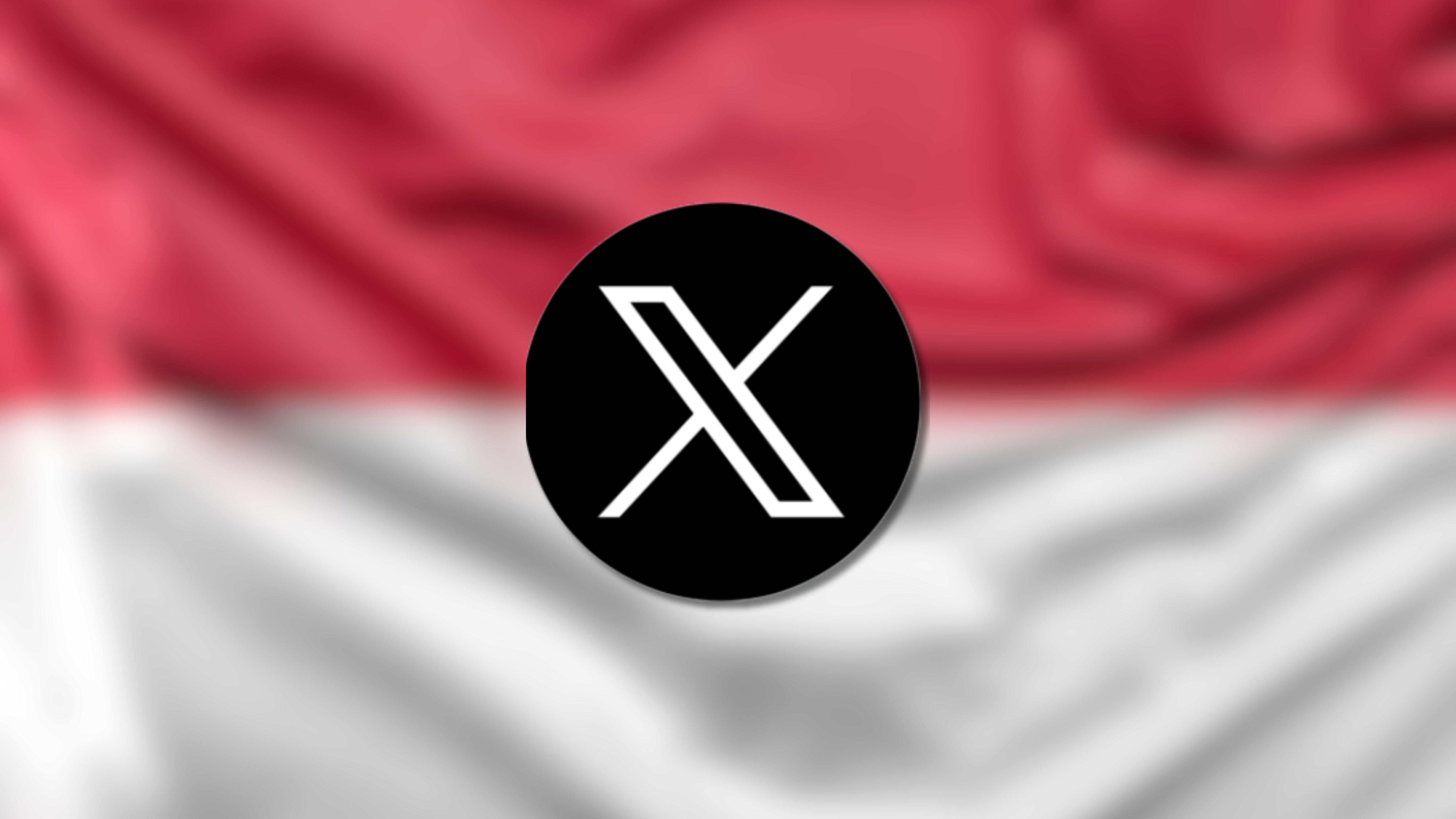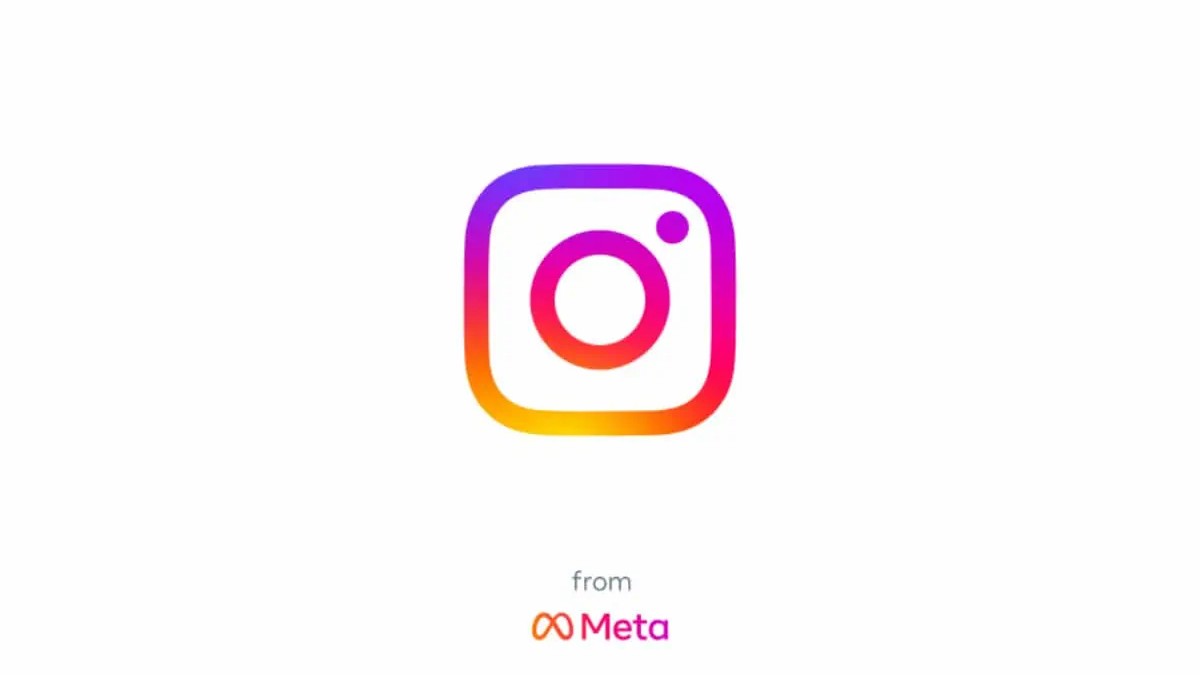Podcasts generated by AI are rapidly reshaping the audio industry, with automated shows flooding platforms such as Spotify, Apple Podcasts and YouTube.
Advances in voice cloning and speech synthesis have enabled the production to large volumes of content at minimal cost, allowing AI hosts to compete directly with human creators in an already crowded market.
Some established podcasters are experimenting cautiously, using cloned voices for translation, post-production edits or emergency replacements. Others have embraced full automation, launching synthetic personalities designed to deliver commentary, biographies and niche updates at speed.
Studios, such as Los Angeles-based Inception Point AI, have scaled the model to scale, producing hundreds of thousands of episodes by targeting micro-audiences and trending searches instead of premium advertising slots.
The rapid expansion is fuelling concern across the industry, where trust and human connection remain central to listener loyalty.
Researchers and networks warn that large-scale automation risks devaluing premium content, while creators and audiences question how far AI voices can replace authenticity without undermining the medium itself.
Would you like to learn more about AI, tech and digital diplomacy? If so, ask our Diplo chatbot!









